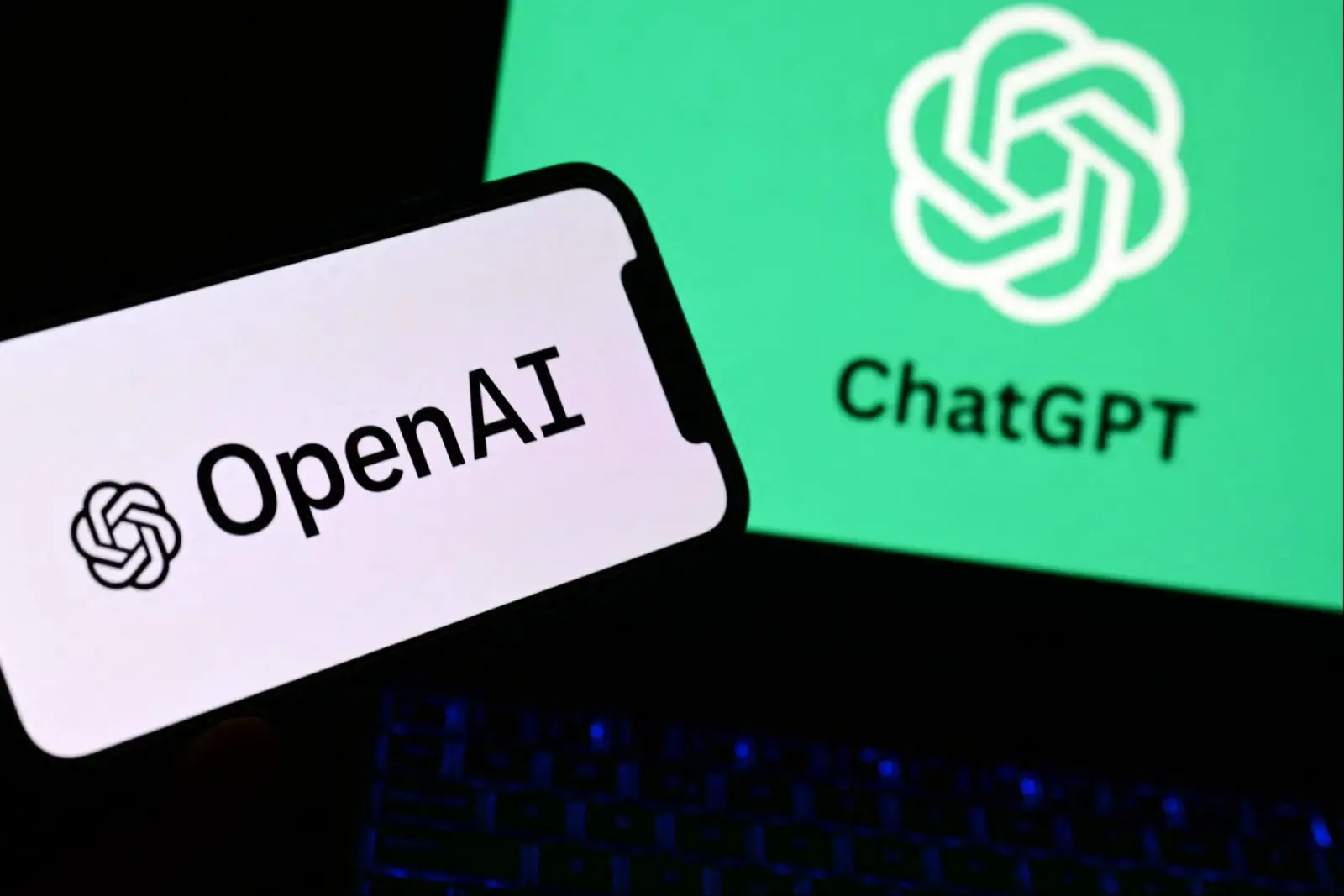A new Mississippi law (HB 1126), requiring age verification for all social media users, has sparked controversy over internet freedom and privacy. Bluesky, a decentralised social platform, announced it would block access in the state rather than comply, citing limited resources and concerns about the law’s broad scope.
The law imposes heavy fines, up to $10,000 per user, for non-compliance. Bluesky argued that the required technical changes are too demanding for a small team and raise significant privacy concerns. After the US Supreme Court declined to block the law while legal challenges proceed, platforms like Bluesky are now forced to make difficult decisions.
According to TechCrunch, users in the US state began seeking ways to bypass the restriction, most commonly by using VPNs, which can hide their location and make it appear as though they are accessing the internet from another state or country.
However, some questioned why such measures were necessary. The idea behind decentralised social networks like Bluesky is to reduce control by central authorities, including governments. So if a decentralised platform can still be restricted by state laws or requires workarounds like VPNs, it raises questions about how truly ‘decentralised’ or censorship-resistant these platforms are.
Some users in Mississippi are still accessing Bluesky despite the new law. Many use third-party apps like Graysky or sideload the app via platforms like AltStore. Others rely on forked apps or read-only tools like Anartia.
While decentralisation complicates enforcement, these workarounds may not last, as developers risk legal consequences. Bluesky clients that do not run their own data servers (PDS) might not be directly affected, but explaining this in court is complex.
Broader laws tend to favour large platforms that can afford compliance, while smaller services like Bluesky are often left with no option but to block access or withdraw entirely.
Would you like to learn more about AI, tech and digital diplomacy? If so, ask our Diplo chatbot!










